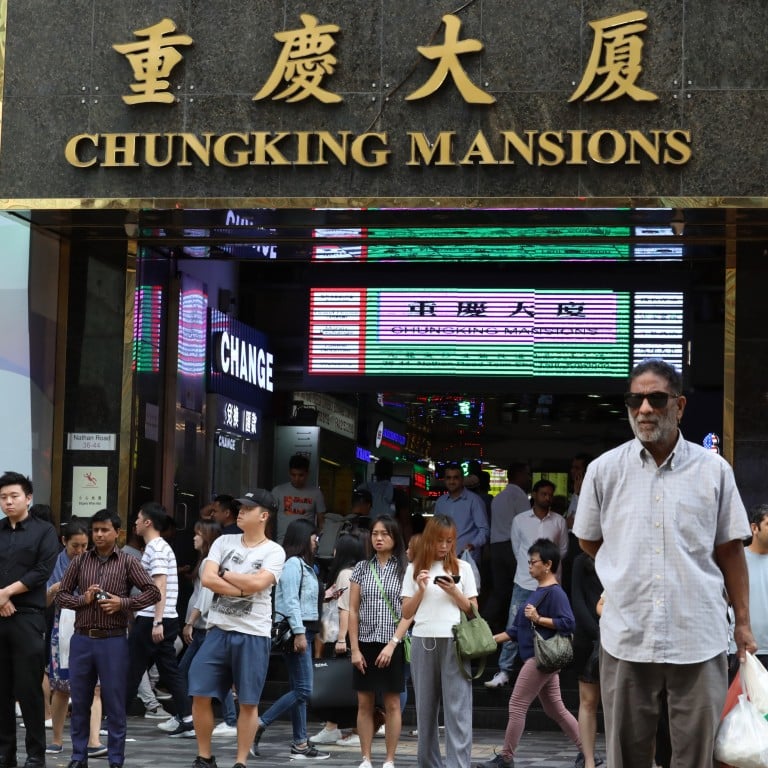
Brain drain? Hong Kong should develop potential of ethnic minorities
- Empowering these individuals can help them to break the vicious circle of poverty, and provide a ready pool of talent to advance the city’s socioeconomic development
For too long, ethnic minorities have been seen and treated as a helpless group trapped in intergenerational poverty. Little has been done to enable them to break the vicious circle of poverty.
We need to see them as tomorrow’s leaders, who need more equitable access to education, decent career options, business networks and other channels to showcase their work and aspirations for a diverse, inclusive and equitable Hong Kong.
At Foundation for Shared Impact, we believe entrepreneurship is an effective solution to alleviate poverty while serving as an avenue for people to solve societal challenges. In our work supporting ethnic minority entrepreneurs, we see their passion and ability to innovate in health technology, environmental conservation, education and more, for the greater good.
Their work is built on a vision of a better future for Hong Kong; they are compelled to make a positive contribution to this city they call home. Some of these entrepreneurs and start-ups have won local and international awards recognising their social impact and innovation.
The success of these ethnic minority entrepreneurs and their companies not only translates into youth empowerment through internships and meaningful job opportunities, but also a more inclusive and representative entrepreneurial ecosystem for Hong Kong, where ethnic minority individuals have role models to look up to and can start their own endeavours to build a better future for Hong Kong.
Entrepreneurship is by no means the only way to uplift and develop this talent pool. For example, Lee’s latest policy address laid out plans for government departments to “step up recruitment and outreaching efforts to invite job applications” from ethnic minorities.
But to unlock their potential, we need more accountability from the government and a more rigorous, data-driven impact measurement of institutional support for the ethnic minority community. We need to identify what is working and what isn’t, to design better programmes.
Ethnic minority individuals placed in leadership and decision-making roles can significantly increase the effectiveness of government interventions.
The government should also consider extending the new vocational professionals admission scheme to local ethnic minority students to boost efforts to solve the labour shortage in skilled trades.
The diversity of the ethnic minority talent pool in culture, skills and experiences makes it instrumental to the government’s plans to raise the city’s competitiveness and create a more caring and inclusive society.
Through their social, economic and cultural contributions, the city’s ethnic minorities have always played a key role in telling a good story of Hong Kong. With the knowledge and experience they have gained from growing up here, they are driven to advance the city’s socioeconomic development.
By empowering this integral part of Hong Kong society to lead, we can start building a truly diverse, inclusive and resilient society, which is also an international financial centre and a global city that attracts enterprises and investment.
TC Li is the head of thought leadership at GREEN Hospitality and communications manager at Foundation for Shared Impact




